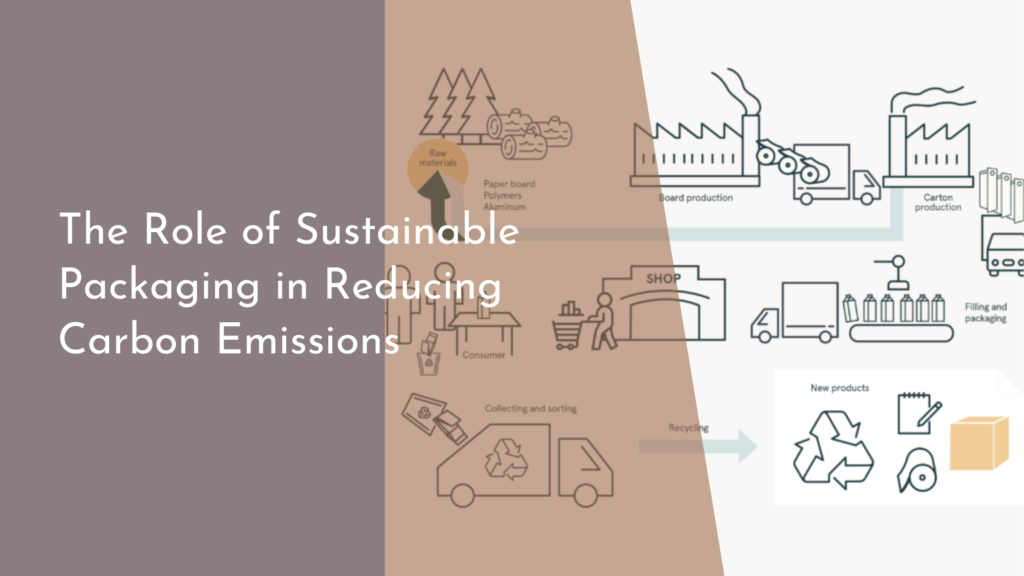Case Studies: Successful Waste Management Projects
In today’s environmentally conscious world, effective waste management has become more crucial than ever. Across the globe, innovative projects are demonstrating that sustainable waste management is not only possible but also practical and beneficial. This article delves into some of the most successful waste management initiatives, from groundbreaking recycling programs to zero waste efforts in small towns, showcasing what can be achieved with creativity and commitment.
Innovative Recycling Initiatives Worldwide
One standout example of recycling innovation is Sweden’s approach to handling waste. Sweden has become so proficient in waste recycling that it imports waste from other countries to keep its recycling plants going. This initiative not only significantly reduces landfill usage but also generates energy, powering homes throughout the country. Similarly, in Japan, the town of Kamikatsu is known for its rigorous recycling program, where residents must sort their waste into 45 different categories. The town aims for zero waste, and its commitment to detailed sorting helps achieve impressive recycling rates that serve as a model for waste management globally.
In Taiwan, the government’s implementation of the "4-in-1 Recycling Program" has seen remarkable success. This program integrates manufacturers, importers, consumers, and recyclers in the waste management process, creating a holistic system that enhances accountability and efficiency. By making all parties responsible for the lifecycle of products, Taiwan has dramatically increased its recycling rates and reduced the volume of waste going to landfills. This initiative underscores the importance of systemic changes in national policies and community participation in achieving recycling goals.
Impactful Composting Programs in Urban Areas
San Francisco, USA, stands out with its mandatory composting law, the first city in the United States to implement such rigorous waste management regulations. This program requires all residents and businesses to compost food scraps and yard waste, significantly reducing the amount of waste sent to landfills and contributing to the production of nutrient-rich soil. The success of this initiative lies in its comprehensive approach, including fines for non-compliance and extensive public education about the benefits of composting.
In Toronto, Canada, the Green Bin Program allows urban residents to dispose of organic waste in a manner that supports composting and ultimately, returns valuable nutrients back to the earth. This curbside pickup program tackles organic waste from single-family homes as well as apartment blocks, overcoming challenges of scale and participation that often hinder composting in densely populated areas. Toronto’s commitment to reducing landfill use has turned millions of tons of waste into useful compost, fostering a greener urban environment.
Zero Waste Success Stories from Small Towns
The small town of Capannori in Italy is a pioneer in the zero waste movement, having started its journey in 2007 with the ambitious goal of zero waste by 2020. Through a combination of local government policies and community engagement, the town has implemented practices such as door-to-door collection and educational programs about waste reduction. These efforts have drastically cut down the amount of waste sent to landfills and have inspired other towns in Europe to adopt similar strategies.
In the United States, the town of Vashon Island, Washington, presents another inspiring story. With a strong community ethos of sustainability, the island has developed numerous reuse and repair programs to extend the lifecycle of products and reduce waste. Local NGOs and volunteers run repair cafes where people can bring damaged items for fixing instead of discarding them. This community-driven initiative not only reduces waste but also strengthens community bonds and fosters a culture of resourcefulness and sustainability.
Conclusion: Key Takeaways from Our Journey
The journey through various successful waste management projects around the world reveals a common theme: the pivotal role of community involvement and innovative policies in achieving sustainability goals. Whether it’s through advanced recycling techniques, comprehensive composting programs, or zero waste campaigns, the success of these initiatives largely depends on the collective effort of individuals, governments, and businesses working together. These success stories provide valuable insights and a hopeful outlook for other regions striving toward sustainable waste management solutions.
As we conclude our exploration of successful waste management projects, it becomes clear that while the challenges are significant, the potential for positive impact is enormous. These case studies not only serve as a blueprint for other communities but also as a beacon of hope, demonstrating that sustainable practices can lead to tangible environmental improvements. Let’s continue to learn from these successes and strive towards a greener, cleaner world for future generations.

